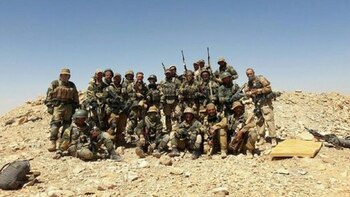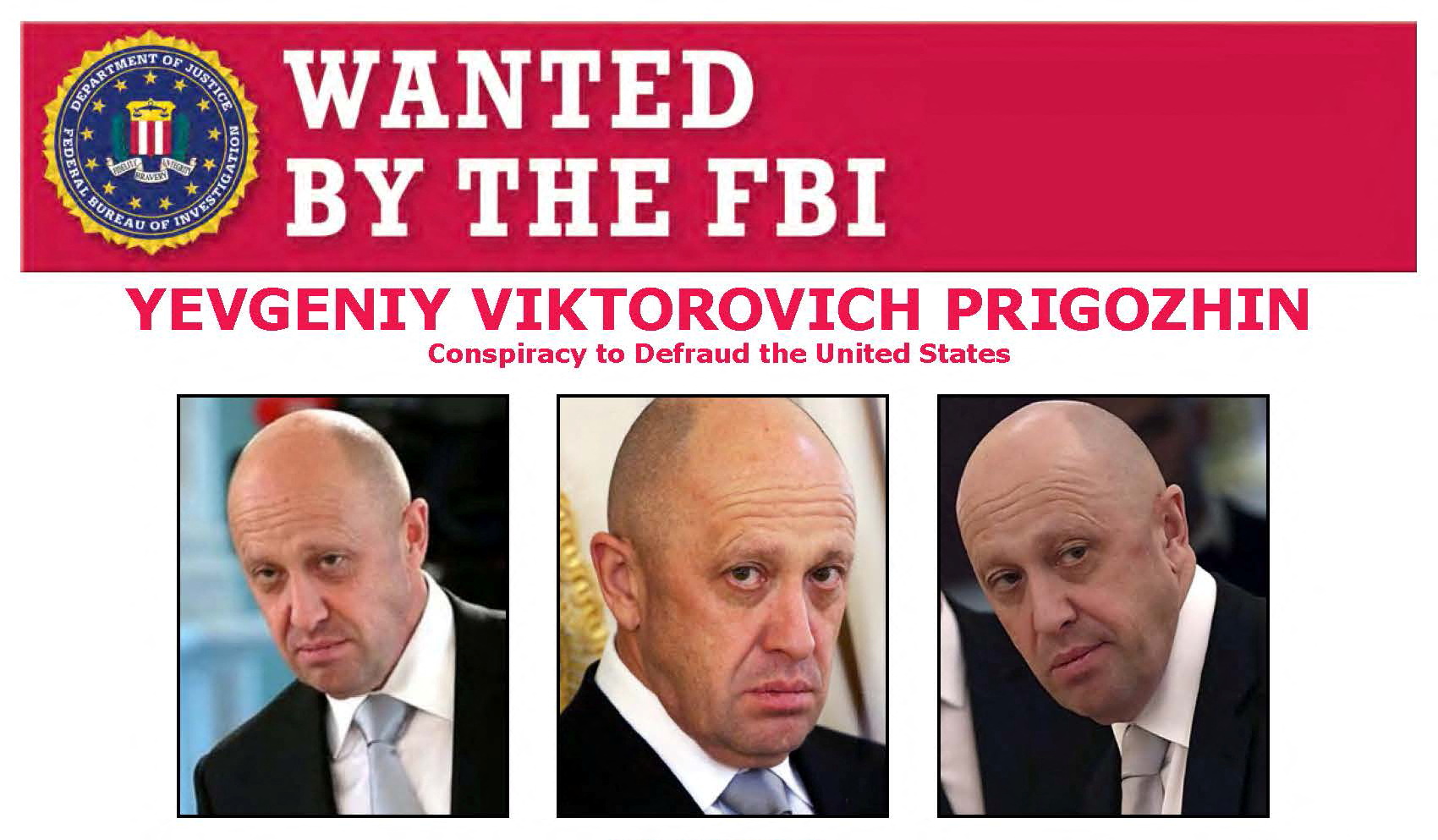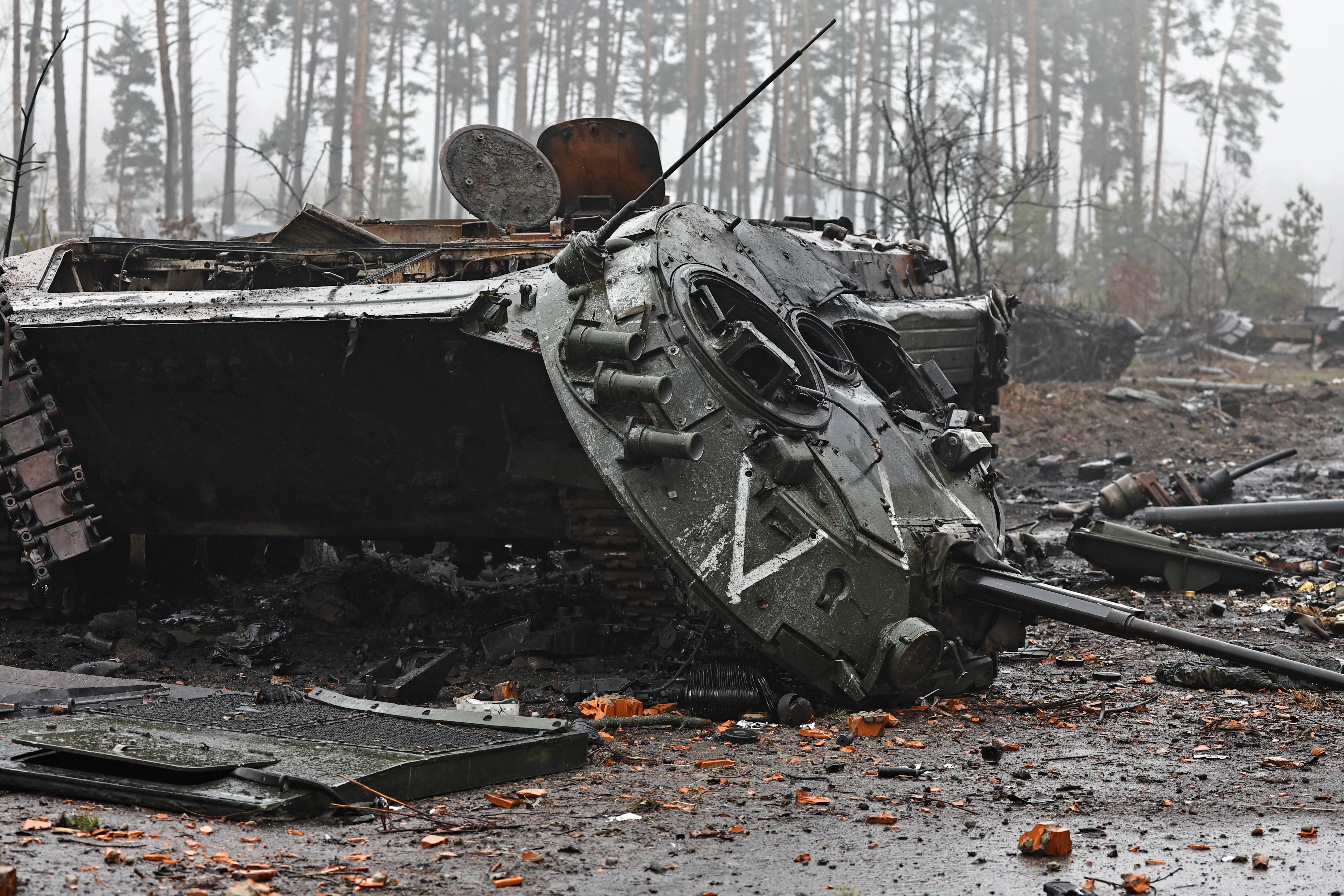
Unless you've been on the battlefield in Syria, Libya or the Central African Republic, you've most likely never heard of the Wagner Group, a private military force with close ties to Russian President Vladimir Putin.
Wagner Group forces have appeared in Ukraine, allegedly to fight alongside the Russian military in Putin's war. In the last month, the number of Wagner troops in the country has tripled to at least a thousand. Its presence, in the eastern region known as the Dombas, where Russian-backed separatists reside, raises concern, given the group's record. Researchers from the United Nations and pro-rights associations claim that Wagner elements have targeted civilians, carried out mass executions and looted private property in conflict zones.
Here's what you need to know about the Wagner Group:
How was the start of the Wagner Group?
The entity emerged in 2014, during the Russian annexation of Crimea. The US government has indicated that the organization is funded by Yevgeny V. Prigozhin, a Russian businessman and close partner of Putin. He is referred to as “Putin's chef” because of his banquet business, which has organized elegant state dinners for the Russian president.

Why is it called that?
The group reportedly got its name from the nickname of its leader, Dmitry Utkin, a retired Russian military man. Utkin is said to have chosen “Wagner” as a tribute to the composer, who was Hitler's favorite. Despite the fact that the Kremlin denies any link with the Wagner Group, Utkin has been photographed next to Putin.
Where are you based?
The group is not registered as a legal entity anywhere in the world. Mercenaries are illegal under Russian law. Its clandestine existence allows Russia to downplay its battlefield casualties and distance itself from atrocities committed by Wagner's fighters, observers say.
“It operates in a situation of opacity, there is a real lack of transparency and that is the point,” said Sorcha MacLeod, Chairperson-Rapporteur of the United Nations Working Group on the Use of Mercenaries, which has reviewed the Wagner Group. Its structure allows it to be able to deny its actions and create “distance between the Russian state and the group,” MacLeod said.
Why are mercenaries in Ukraine?
Because Russia suffers heavy defeats, according to US intelligence, Putin is sending combat-hardened reinforcements with experience in Ukraine, according to experts, including Jeremy Fleming, the head of the UK's electronic espionage agency.
“These soldiers are likely to be used as cannon fodder to try to limit Russian military defeats,” said Fleming.
Where do they recruit?
Some of the fighters appear to have been recruited in Syria and Libya, said Pentagon spokesman John F. Kirby. He said that Russia seems to be using them to strengthen its troops in eastern Ukraine because the group has been fighting in the Dombas region for eight years.

Where have the Wagner Group forces been deployed?
In addition to their intervention in Syria, Libya, the Central African Republic and Ukraine, the Wagner elements have also fought in Sudan, Mali and Mozambique, where they have exercised Russian influence through power, have done the will of authoritarian leaders, and sometimes raided oil or gas fields or secured other interests materials. They have become increasingly formal and have begun to act more like the military contractors of the West.
“There is a trend or pattern when Wagner gets involved in armed conflict,” MacLeod said. “The conflict is dragging on, heavy weapons are present, civilians are substantially affected, human rights violations and war crimes increase significantly, and there is no access to justice for victims.”
KEEP READING:
Últimas Noticias
Debanhi Escobar: they secured the motel where she was found lifeless in a cistern
Members of the Specialized Prosecutor's Office in Nuevo León secured the Nueva Castilla Motel as part of the investigations into the case

The oldest person in the world died at the age of 119
Kane Tanaka lived in Japan. She was born six months earlier than George Orwell, the same year that the Wright brothers first flew, and Marie Curie became the first woman to win a Nobel Prize

Macabre find in CDMX: they left a body bagged and tied in a taxi
The body was left in the back seats of the car. It was covered with black bags and tied with industrial tape
The eagles of America will face Manchester City in a duel of legends. Here are the details
The top Mexican football champion will play a match with Pep Guardiola's squad in the Lone Star Cup

Why is it good to bring dogs out to know the world when they are puppies
A so-called protection against the spread of diseases threatens the integral development of dogs



